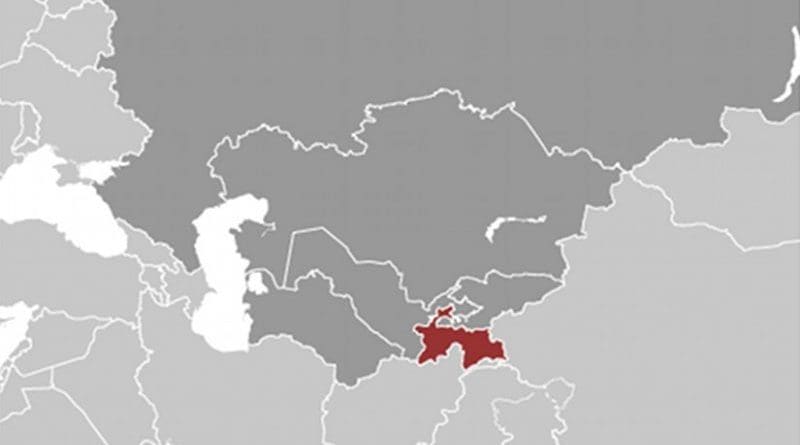Islamic State Takes Credit For Deadly Prison Revolt In Northern Tajikistan – OpEd
By Paul Goble
As tensions rise in Tajikistan’s Gorno-Badakhshan Autonomous Oblast and President Emomali Rakhmon appeals to allies to build defenses on that border (tajikta.tj/ru/news/prezident-tadzhikistana-obratil-vnimanie-odkb-na-voprosy-ukrepleniya-tadzhiksko-afganskoy-granitsy), an event in northern Tajikistan may be an even more serious threat to him.
That was a revolt in a prison earlier this week in which 27 inmates died and more than 130 prisoners and guards were wounded, with many still in hospital and facing uncertain prospects. Observers say that the prisoners revolted because of mistreatment by their jailors (tajikta.tj/ru/news/k-buntu-v-kolonii-tadzhikistana-priveli-izdevatelstva-nad-zaklyuchennym-smi, akhbor-rus.com/-p1285-122.htm and fergananews.com/news/33916).
The revolt was serious enough that Dushanbe had to dispatch OMON troops to suppress it, and apparently it was their actions that were responsible for most of the injuries and deaths. Not surprisingly, the Islamic State has claimed responsibility but there is no obvious evidence that it rather than bad conditions had anything to do with the revolt (tajikta.tj/ru/news/ig-vzyalo-na-sebya-otvetstvennost-za-bunt-v-kolonii-v-khudzhande).
Such events appear to come out of nowhere in the case of Tajikistan largely because the media in that Central Asian republic no longer fulfills its “fourth estate” role, according to local commentators and because so few people beyond its borders report anything there unless it involves violence or threats from Afghanistan (tajikta.tj/ru/news/v-tadzhikistane-zhurnalistika-kak-chetvertaya-vlast-utratila-svoyu-rol-).
And because that is so, there is a tendency to link the two together or accept the arguments of those who do. In fact, Tajikistan’s problems are in almost all case rooted in its domestic problems. Assuming otherwise gets in the way of understanding that damning reality in a country many had high hopes for after it successfully concluded its civil war.

